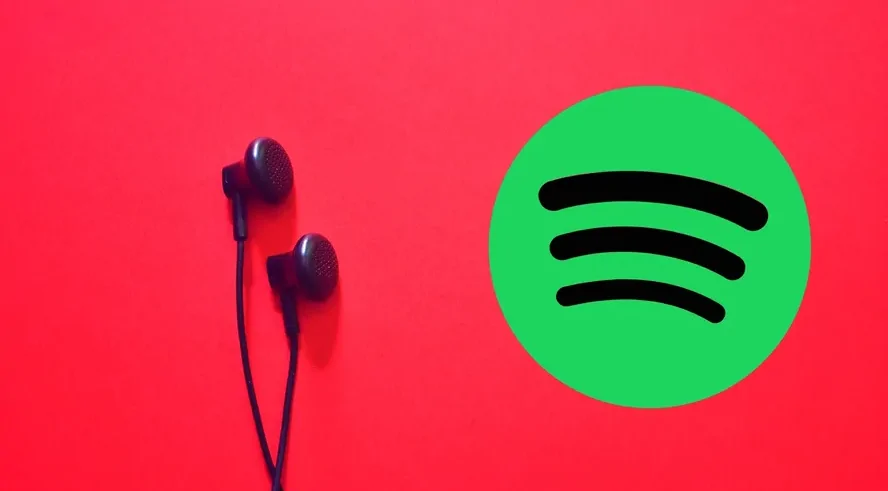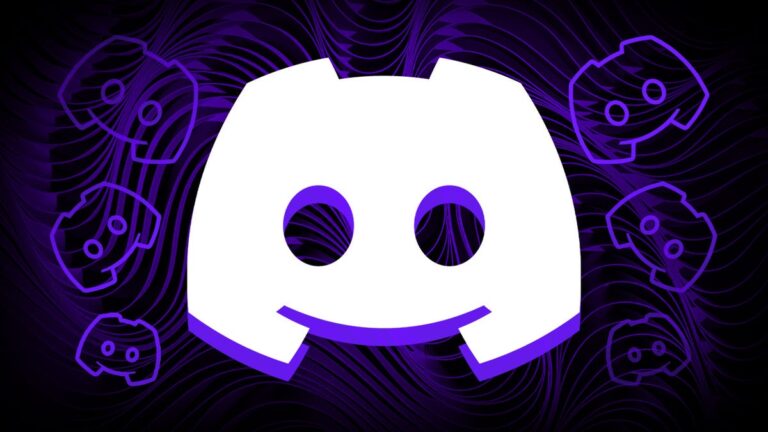As artificial intelligence becomes more common in music production, one important question is emerging: Should Spotify clearly label AI-generated music? With thousands of machine-made tracks uploaded each day, music fans and artists are asking for more transparency.
What Is AI-Generated Music?
AI-generated music refers to songs created using machine learning tools instead of human artists. Programs like Udio, Suno, and MusicLM can now generate entire tracks, including vocals, lyrics, and melodies. These songs often appear alongside traditional music on streaming platforms like Spotify, without any label or warning.
This lack of disclosure can confuse listeners, especially when the music sounds human. It also raises concerns about fairness, trust, and the future of music culture.
Why Spotify Should Label AI-Generated Tracks
1. Transparency Builds Trust with Listeners
Many people want to know whether a song they enjoy was made by a human or a machine. Clear labeling helps Spotify maintain user trust by giving them the information they need to make informed listening choices.
2. AI Music Can Influence Listener Behavior
AI songs can be optimized for Spotify’s algorithm and placed in playlists automatically. This gives machine-made content an unfair advantage over human-created music. Labels can help users distinguish between synthetic tracks and original works by real artists.
3. Supporting Independent Human Artists
Without labeling, AI-generated songs can flood the platform and compete with artists who spend months producing music. This harms emerging musicians who rely on Spotify to grow their audience. Labeling helps preserve fair exposure.
4. Avoiding Confusion and Misleading Content
Some AI tracks mimic famous artists so well that listeners may think they are hearing a new release. Without labels, these songs could mislead fans and damage the reputations of real artists. Informing users prevents confusion.
Platforms Like YouTube and Meta Are Already Acting
YouTube now asks creators to disclose whether realistic AI content is used in videos. Meta has begun tagging AI-generated images and audio. These steps show that other tech platforms are taking transparency seriously.
Spotify, as the largest music streaming service, has the chance to lead in ethical innovation. Adding a small label like “AI-generated” or “Created with AI” would make a big difference for listener clarity.
Labeling AI Music Is About Clarity, Not Control
AI-generated music is not a threat. It is a new creative tool. The issue is not whether AI should be allowed in music, but whether people should be informed when they are hearing it.
Clear labeling helps users explore music with full knowledge of what they are listening to. This creates a better experience and a healthier music ecosystem.
Prefer Real Music by Real Artists?
If you’re searching for music that feels personal, soulful, and made with intention, explore the work of Play House. Based in Paris, Play House is a DJ and producer who crafts deep, emotional house music using real instruments, live performance, and years of musical experience.
In an era where music can be made in seconds by machines, Play House stands out by focusing on sound that moves people on a human level.
Final Thought
Spotify should take a simple but meaningful step: label AI-generated music. This supports listener awareness, protects artist integrity, and keeps music culture transparent.
As artificial intelligence continues to shape the future of sound, honesty will be just as important as innovation.



